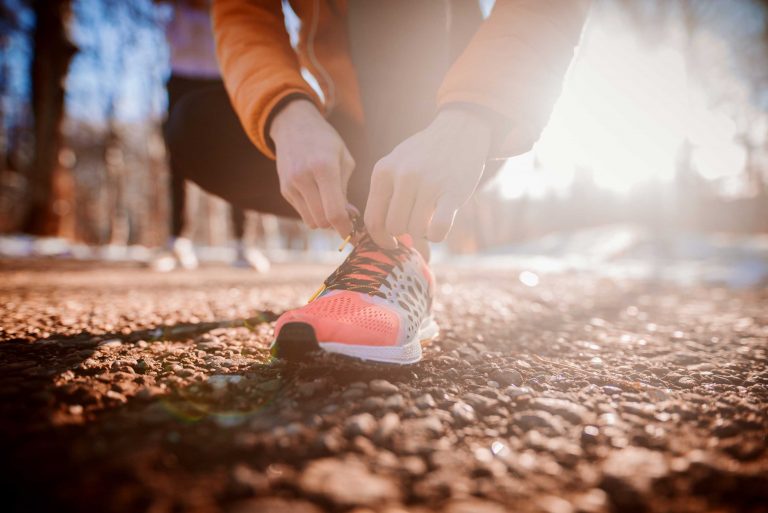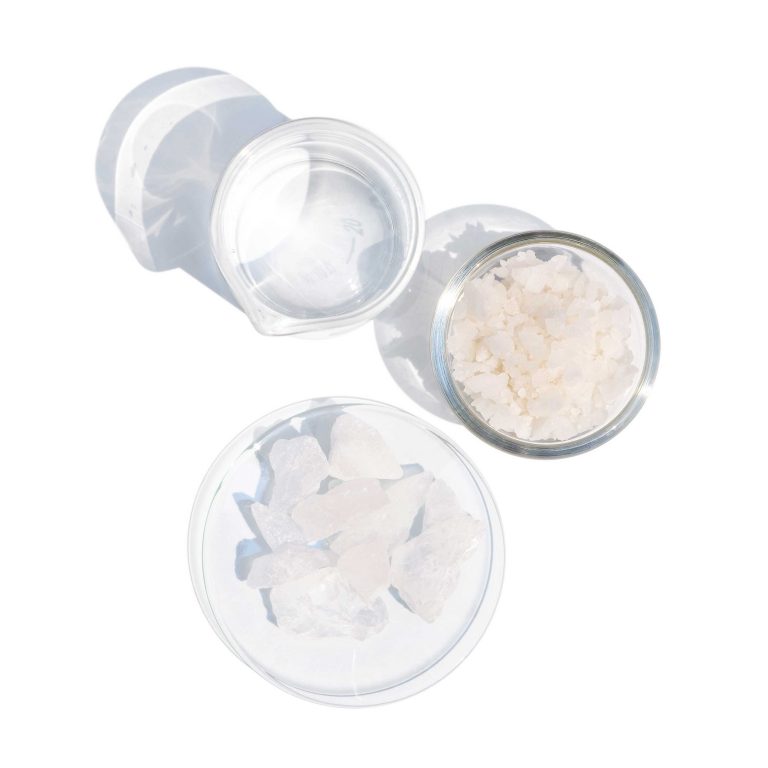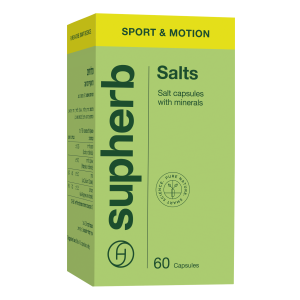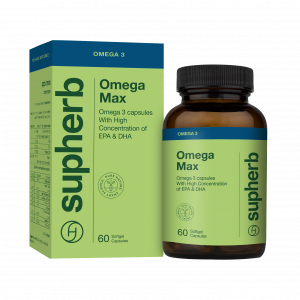- Home
- sport and motion
- Muscle Spasms After Exercise: Why Does It Happen?
Muscle Spasms After Exercise: Why Does It Happen?
Muscle spasms caused by exercise are a common phenomenon, especially when you’re just starting out or resume exercising after a long break. What can be done to alleviate muscle spasms? Read all about it in this article.
It’s a well-known fact that exercising is highly important for maintaining our health. Physical activity contributes to our quality of life, prolongs it and contributes to strengthening the body in warding off many illnesses. Undoubtedly, it’s an investment that pays off and a growing number of people worldwide choose to combine exercise into their daily routines.
Exercise such as walking or running is free of charge, however beginner athletes will still have a price to pay, which is muscle pain, more commonly known as muscle spasms.
Muscle spasms caused by exercise are a common and normal phenomenon to most adults, especially when beginning or resuming a workout routine after a prolonged resting period. Cramped back or neck, shoulder pain, and the most commonly known, leg spasms, are often the result of involuntary muscle spasms in the body.
Why do we feel muscle spasms?
Muscle spasms are a phenomenon in which there’s an involuntary contorting of the muscle that can cause a sharp pain in the spasmed area, and can often radiate pain to other, more distant areas. In most cases, muscle spasms are the body’s normal reaction to an extreme strain to which it’s not accustomed, as part of its adjustment process to the workout.
Intense physical activity that exposes the muscle to heavy strains can also cause us to feel muscle spasms. These kinds of muscle spasms can occur during the activity or after it; sometimes many hours after it’s over. The chances of muscle spasm are higher when the muscles are untrained and are unaccustomed to the strain.
Another reason for experiencing muscle spasms can be irregular levels of blood salts and minerals such as potassium, calcium and magnesium. This can cause damage in neurotransmission of nerve stimulation to the muscle, creating involuntary muscle spasms.
Muscle spasms – how can they be treated?
The best treatment for the prevention of muscle spasms is pre-emptive care. What follows are a few suggestions that could help you prevent muscle spasms:
- It’s recommended to properly warmup before the workout and perform relaxation and stretching afterwards.
- It’s recommended to avoid extreme temperature changes during and after the workout.
- It’s recommended to avoid sharp movements that can place a lot of strain on the muscles at once.
- A proper fluid balance is highly important for preventing muscle spasms, so you should drink enough before, during and after the workout.
Muscle spasms as a result of magnesium deficiency
Muscle spasms can occur as a result of magnesium deficiency. Magnesium is a mineral that plays an important role in muscular activity. Magnesium acts as a regulator and control for the muscle innervation and its role is to relax contracting muscles. A magnesium deficiency can detain the relaxation process, causing the symptoms of muscle spasms.
A magnesium deficiency occurs when the amount of magnesium absorbed in the body is smaller than the amount secreted. During physical activity, salts are evaporated away from the body through perspiration and the chances of magnesium deficiency, functioning damage and muscle contraction increase. Sufficient consumption of magnesium enables the muscle to be at its best, which leads to improved performance and avoiding unpleasant muscle spasms.
It’s recommended to use magnesium in order to prevent muscle spasms when you start exercising, when you resume it after a prolonged break or when practicing a new type of physical activity to which your muscles are not yet accustomed. Thanks to its muscle relaxing activity, magnesium is also affective for anxiety and aids in alleviating pain caused by stress of mental strain.












